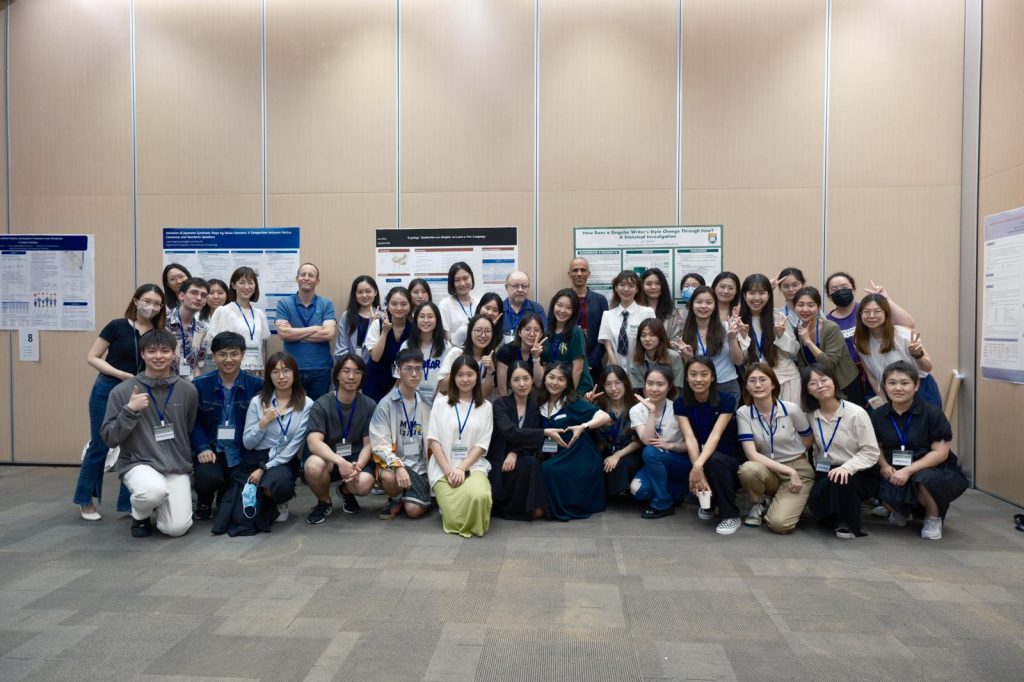Master of Arts in Linguistics programme
Modern linguistics is the study of human languages in all aspects, ranging from structural to social, cognitive and educational concerns. Our MA in Linguistics degree for graduate students aims to provide postgraduate training for potential research students, in-service teachers and other language-related professionals such as editors and speech therapists. The programme provides an important forum for staff and postgraduates to keep abreast of the latest trends in the field and to contribute to its advancement.
HKU Linguistics graduates are well-rounded linguists who combine a scientific approach to language with the humanities and social sciences. Whether you want to pursue a career in linguistic research, engage professionally with the language processing, computation or publishing, or aim for leading roles in education management, you will find our program an excellent platform to gain state-of-the art knowledge of the field. Our approach encourages participation in exciting debates with peers and senior researchers alike.
The objectives of the programme are:
1) to engage students in the field of linguistics, including its scientific, social and human aspects;
2) to offer postgraduate level education to those who wish to engage as professionals in the study of languages, bilingualism and multilingualism; and
3) to train postgraduate students to conduct research on human language, its theories, empirical methods and applications.
This is achieved by completion of taught courses, and experience with independent research in linguistics.
More information about the programme can be found on this website.
Programme Learning Outcomes
The programme strives to provide an outstanding student-centred learning experience. Our curriculum, course contents, pedagogy, and assessment method are designed to develop students’ capabilities in life-long learning, critical intellectual enquiry and professional excellence. As a language-related discipline, the programme emphasizes communication and collaboration. Having completed the programme, students will be able to:-
1) demonstrate a critical understanding of the role of language in human society
2) demonstrate a thorough understanding of the theories and methods of linguistic research and teaching
3) demonstrate ability to apply linguistic theories to new problems
4) demonstrate ability to engage in the discourse of linguistic diversity in its social, education, and political dimensions
5) understand the importance of integrity, creativity and originality in research
6) develop skills in teamwork as well as independent research

